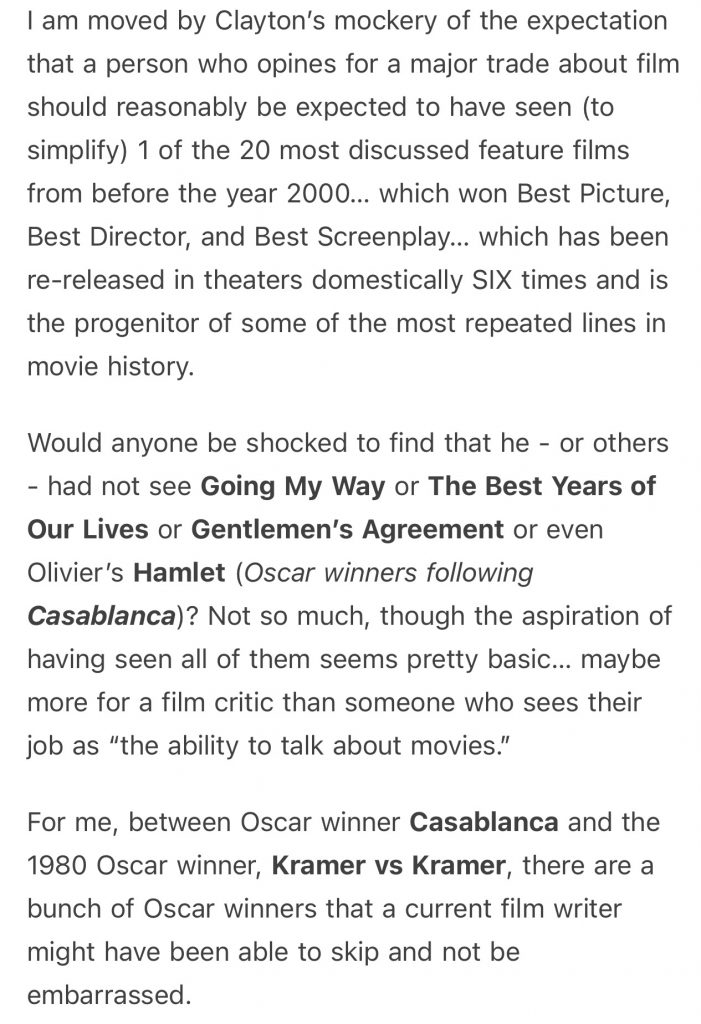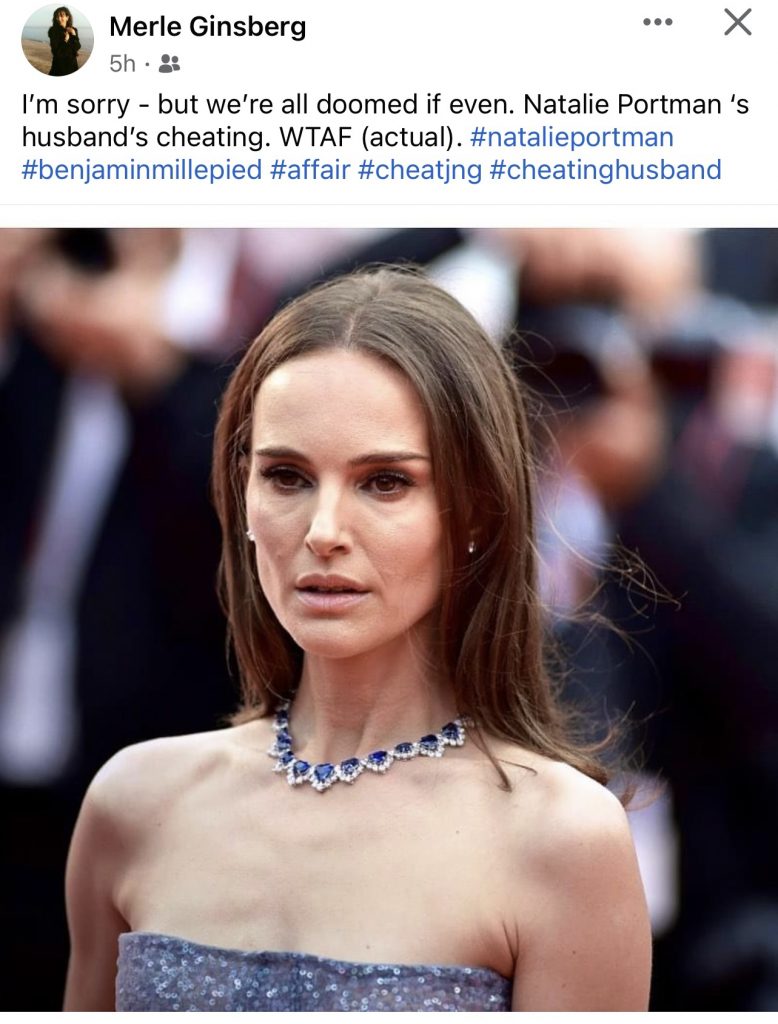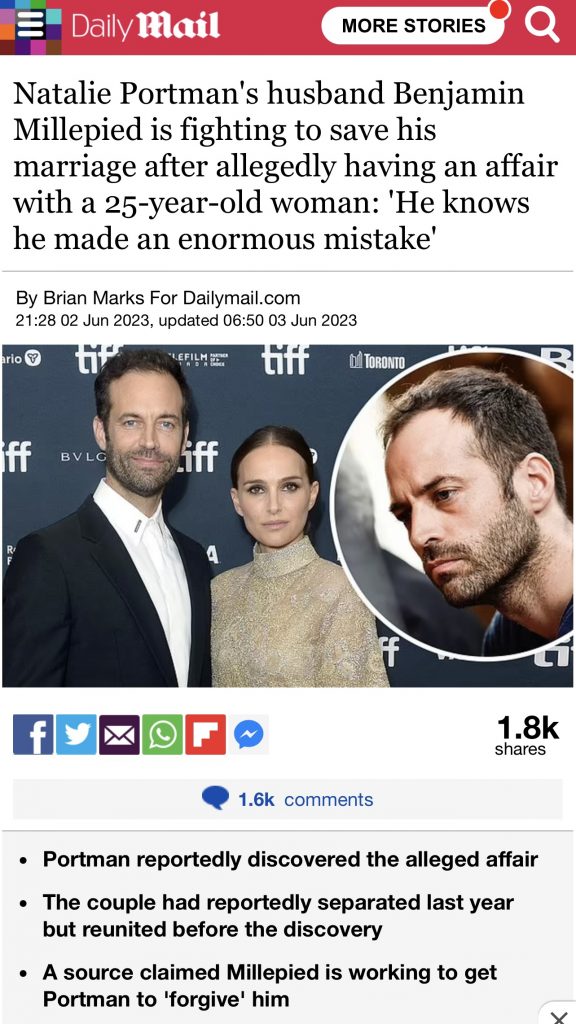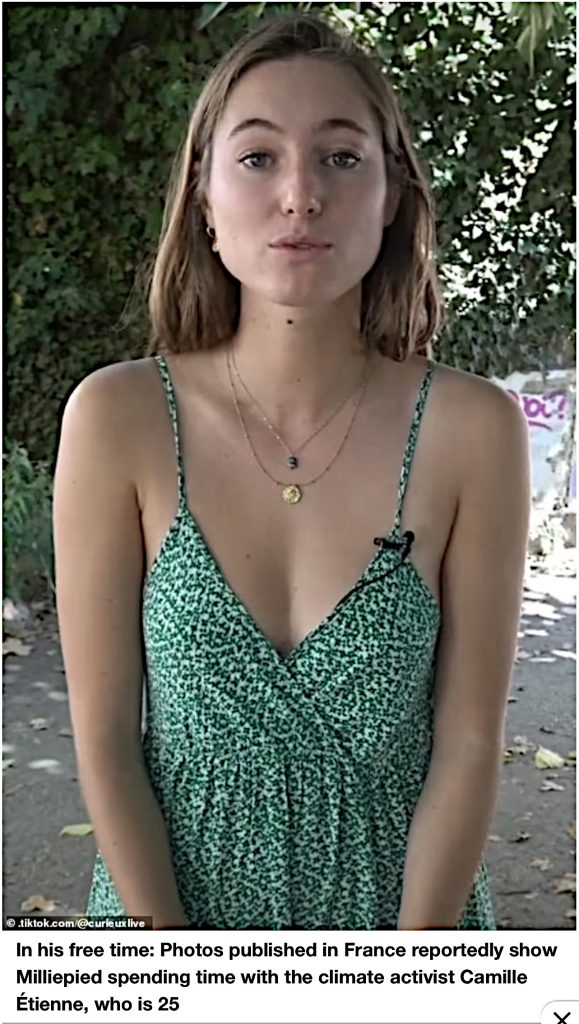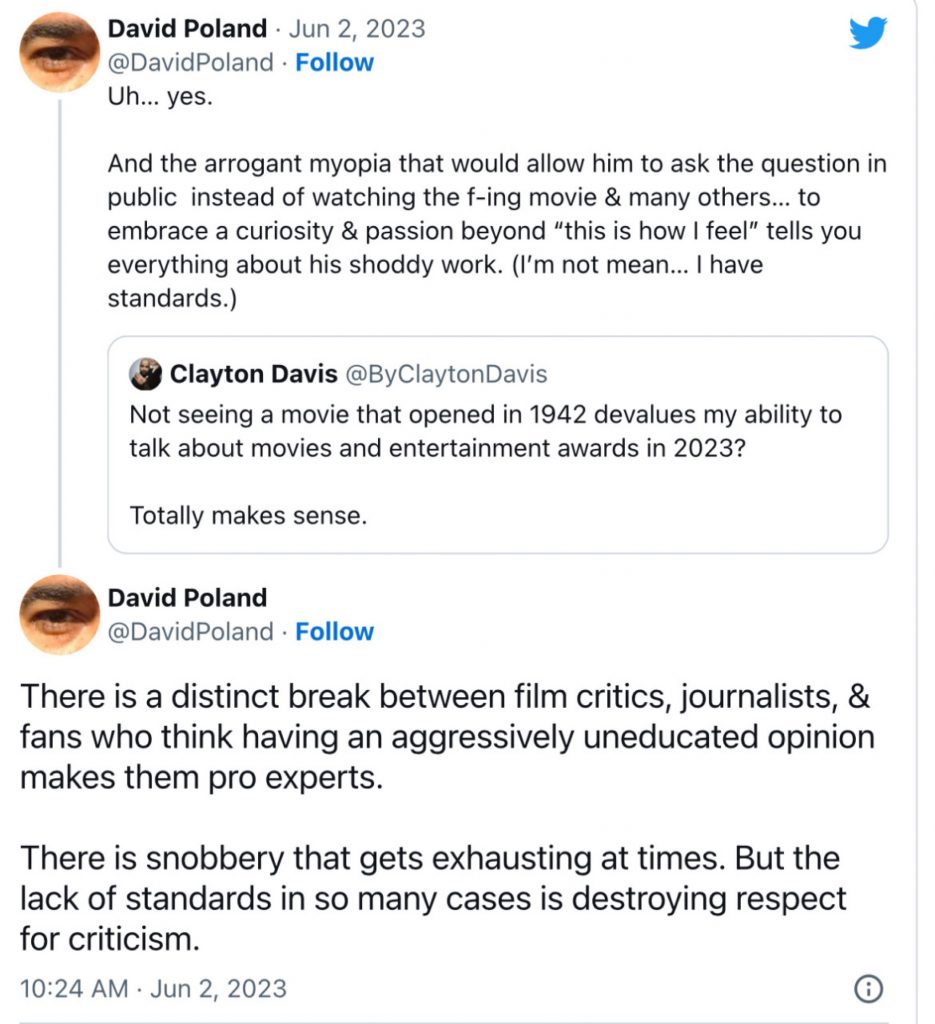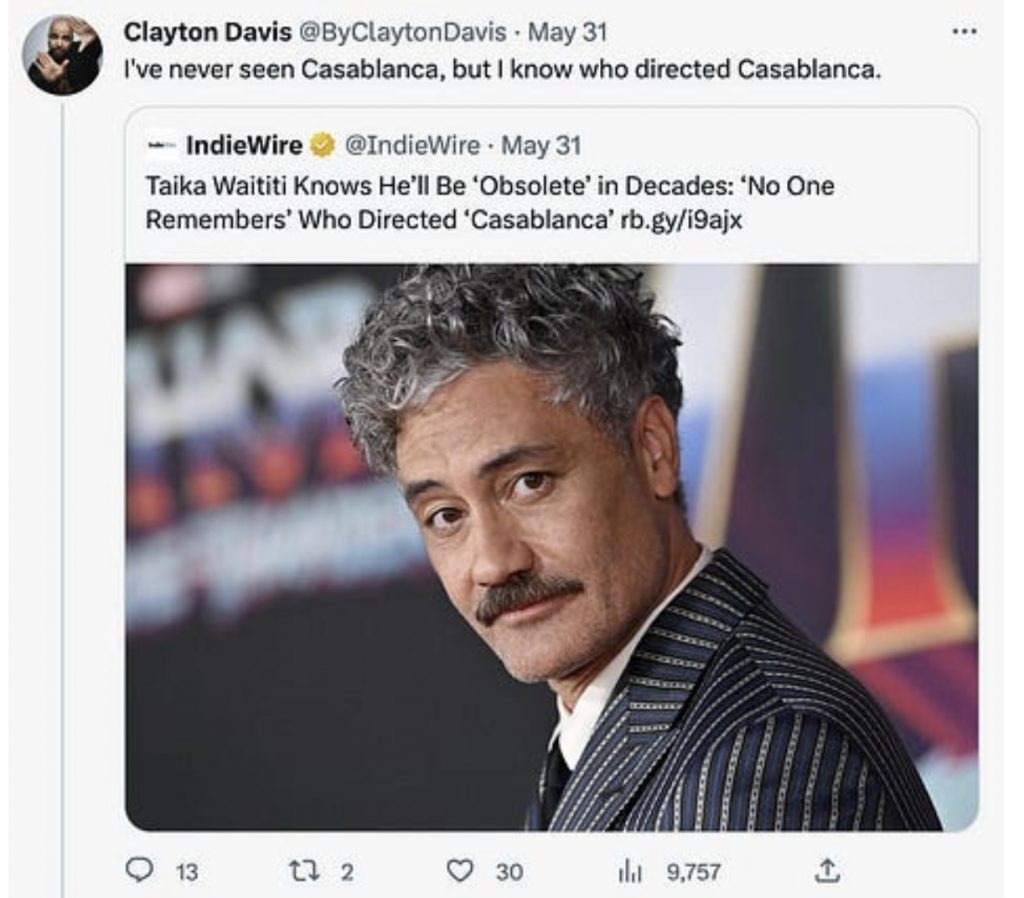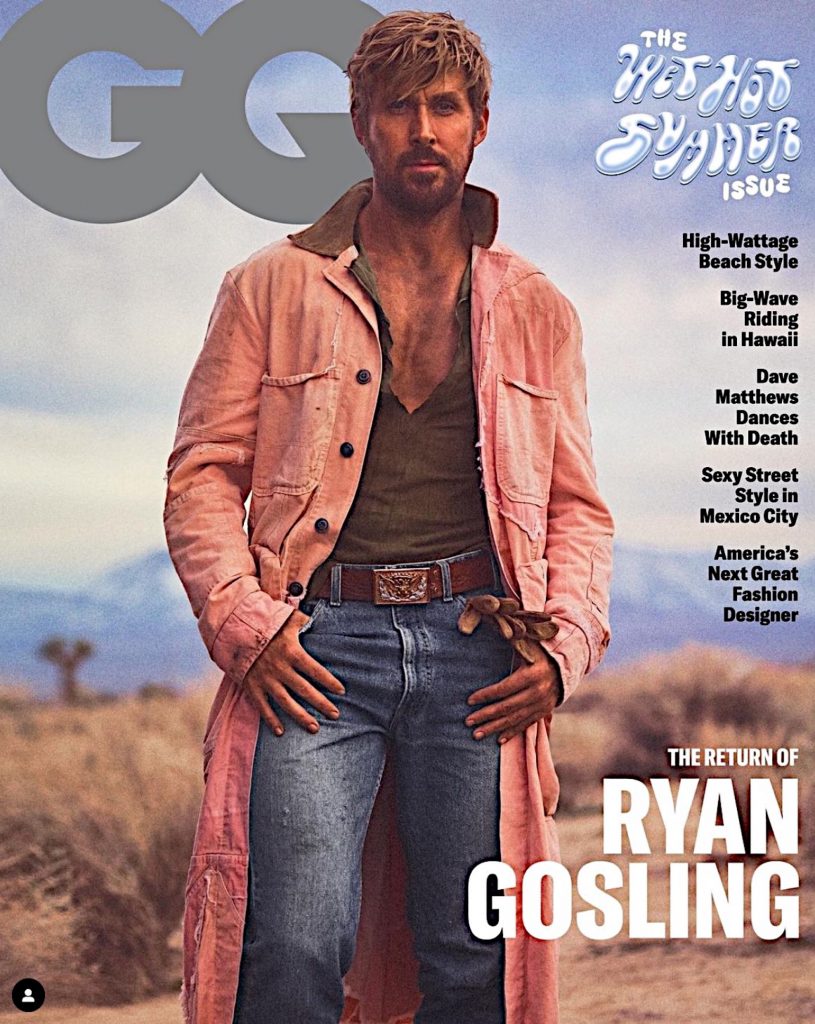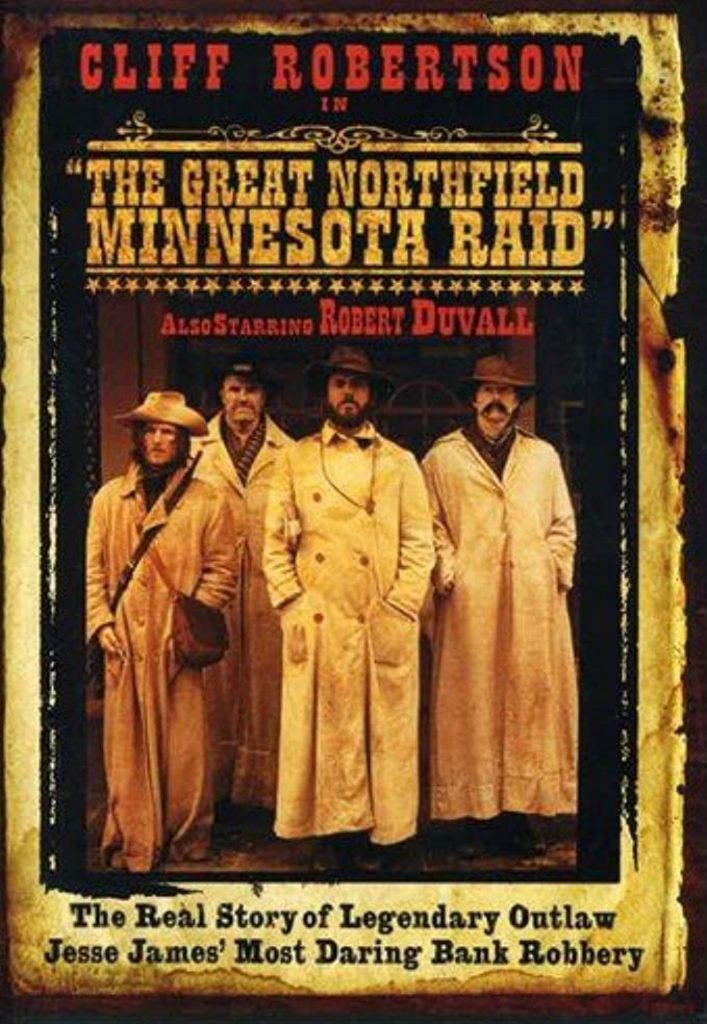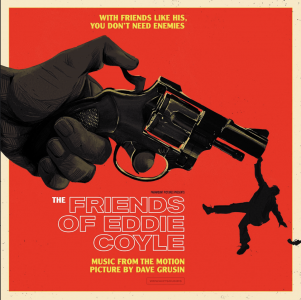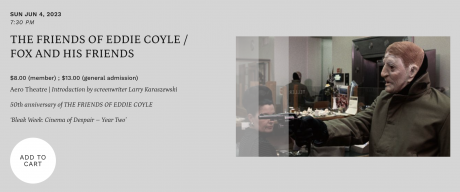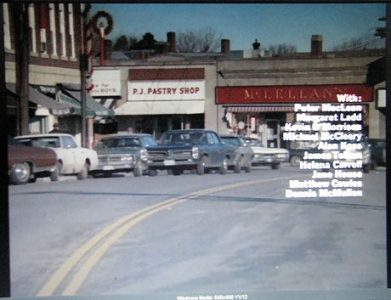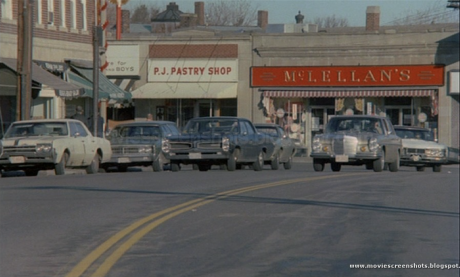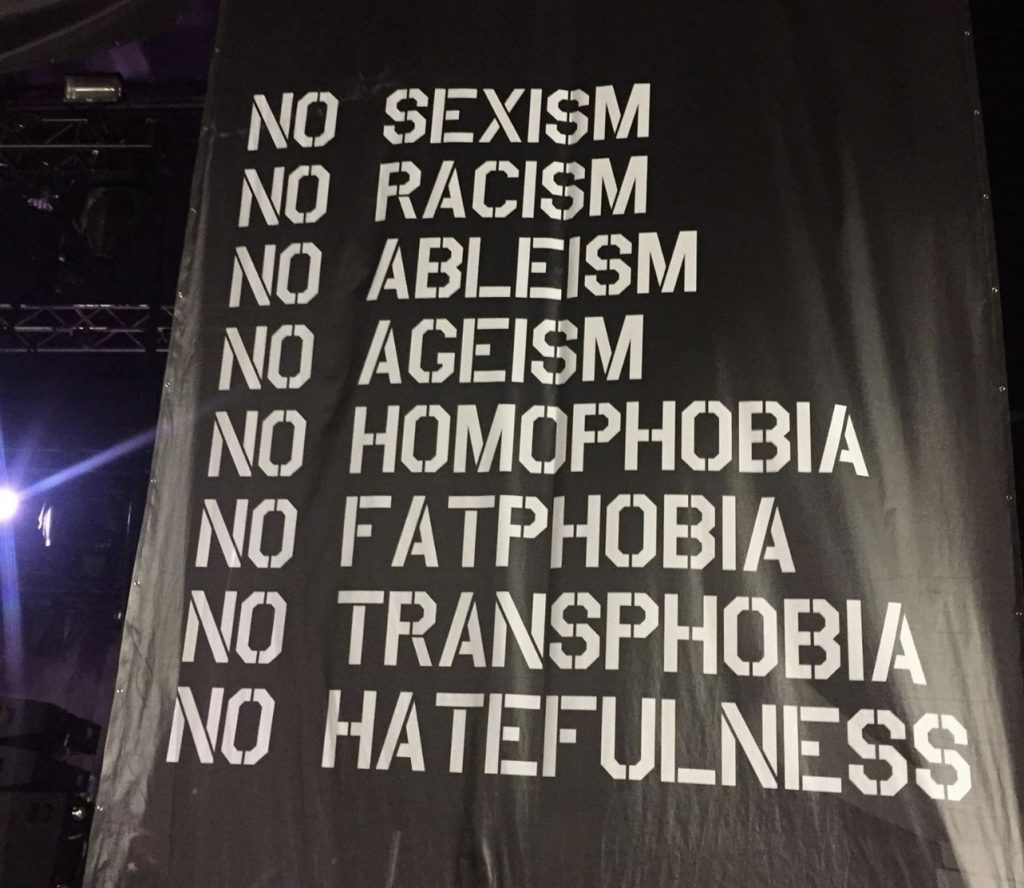The following is a deliberate mangling and perversion of Patton Oswalt‘s recent commencement address at the College of William and Mary:
“To the graduating class of 2023, I have 59 words to share: Every new generation is appropriately and admirably intolerant of ugly currents in the human condition and concurrently determined to enhance, elevate or otherwise improve the quality of life or die trying, but are you guys aware right now of how deeply despised most of you are?…generationally speaking, at so young an age? By the vast majority of Americans, I mean, and not just your red-state types but damn near everyone.
“Your image is basically that of a bunch of entitled, judgmental, overly sensitive, whiny-ass little shits on social media, and this is why many of us hate your guts.
“Given, I mean, the apparent determination of a decent-sized portion of your graduating class to subject this once reasonably half-liberal, half-center-right country to a furthering of woke Stalinist terror….to keep the revival of China’s Great Cultural Revolution chugging along like a great 19th Century steam engine.
“You guys really need to stand up and take a bow…seriously.
“You are the first generation that has really and fully embraced a commitment to gulagism…to social isolation, humiliation and career suffocation for the wrong people.
“A 100% commitment to (a) “Are you now or have you ever been a person who doesn’t get it and therefore needs to have the shit beaten out of him/her on Twitter?”, (b) “Are you now or have you ever been disturbingly non-progressive, in some way out-of-step or guilty of insufficient understanding of a pressing social issue or agenda?”, (c) “Are you now or have you ever been some kind of closet discriminator…a person whose views are (or once were) politically retrograde, politically insensitive or in any way dismissive of any socially marginalized or discriminated-upon group?”
“I mean, you guys have a really steep hill in front of you. Democracy’s crumbling, truth is up for grabs, the planet’s trying to kill us and loneliness is driving everyone insane.
“You’re about to enter a hellscape where you will have to fight for every scrap of your humanity and dignity, and you do not have a choice to be anything but tyrannical and punitive to an extreme. Just ask Nikolai Lenin — he knew how to play tough cards. These are the times you’re living in right now, and many of us hope they’re bringing serious pain into your lives right now.
“It’s been truly amazing to see how your generation has rebelled against every bad habit of every generation that came before, reaching all the way back to the WWII ‘greatest generation’. Everything that the old farts have let calcify, you have kicked against and demolished. You’ve rejected that whole 24/7, no-days-off grind. You’ve rejected apathy. You’ve rejected ignoring your mental health because ‘you’ve gotta muscle through it no matter what’. You’ve rejected alienation and cruelty. You’ve rejected not trying to include everyone. And you’ve rejected not looking out for each other.
“Which is why millions really and truly depise you as we speak. Hell, I hate you from a certain perspective. Because your radical purity is truly awful and oppressive and unhinged.
“I can’t wait for you guys to get older and gradually put aside your specious bullshit. I can’t wait for your rigid ethical standards to gradually slacken and become compromised. I can’t wait for you to develop health issues.”
